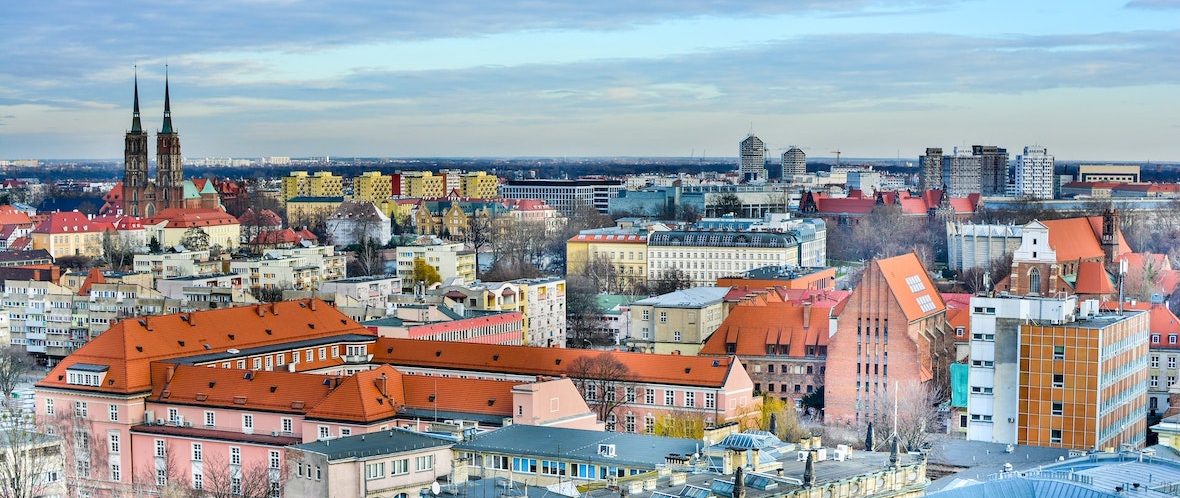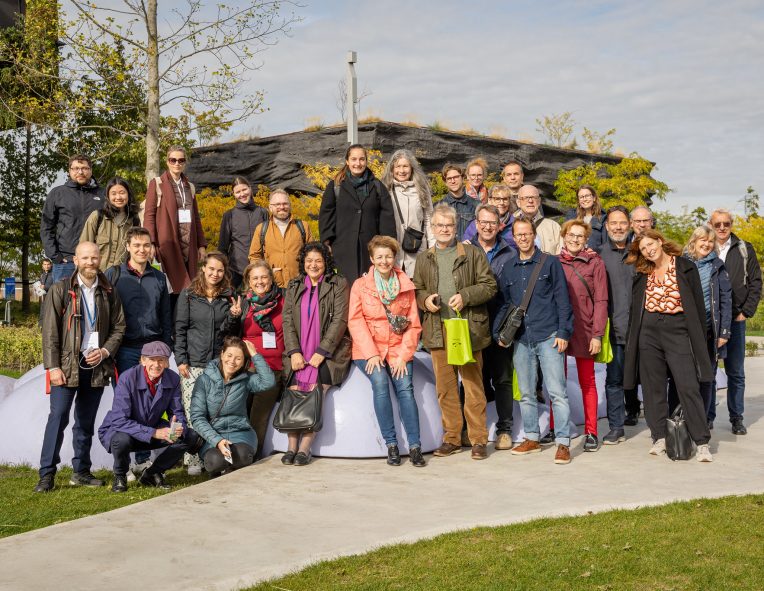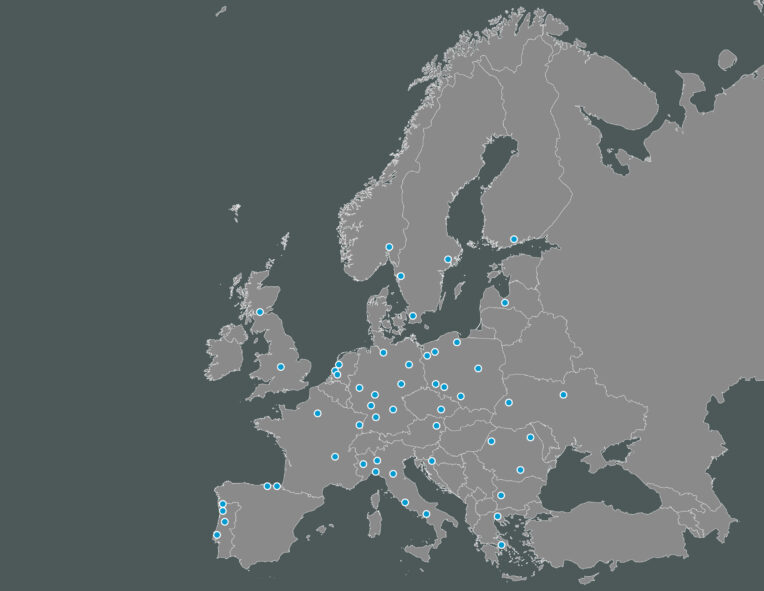In advance of the METREX Spring Conference, taking place 23-26 April in Wrocław, the deputy director of the city’s Strategy and City Development Department, Łukasz Medeksza, looks back at Wrocław’s impressive form in overcoming crises – and how this informs current and future strategies. This article follows one published last week which explored Europe’s current position caught in the midst of a “polycrisis”.
In Wrocław we are used to dealing with crises. The last months of the second world war in 1945 brought destruction for much of the city. At the same time, at the political decision of the Allies, Wrocław – the pre-war German Breslau – was handed to Poland, which led to a near complete exchange of the population. New inhabitants of Wrocław came from all over Poland, many of them from the former eastern parts of the country (which today are in Ukraine, Belarus, and Lithuania). The city was alien to them, and it was destroyed. And yet we re-built it, in many cases from scratch.
Our Nobel prize winner Olga Tokarczuk once stated that we re-built Wrocław “with love”. The old town you can see all around was also destroyed. It could have been re-built in some completely different shape – because the Poles might not have had any sentiments towards it. But we decided to do the opposite: to re-build the pre-war old town, and the old churches. We preserved the heart of Breslau in Wrocław.
In 1963 we had an epidemic of smallpox in Wrocław. The city had to be completely isolated for several weeks from the outside world. The whole population had to be vaccinated. And we did it. In the 80s, Wrocław was one of the biggest strongholds of the underground anti-communist movement in the whole of Central Europe. We contributed to overthrowing that totalitarian regime.
After communism fell, we had to re-build the self-governmental system nearly from scratch. And again we succeeded. Still busy with re-organizing and renovating the city in the 90s, we were hit by a huge flood in 1997. Again, parts of the city had to be renovated. We also had to build a new strong system of anti-flood infrastructure. And we did it.
In recent years, and in addition to the Covid-19 pandemic, we’ve welcomed a huge influx of refugees from Ukraine – at the same time coping with rising energy prices, general inflation, and an economic slowdown.
These are the main challenges we’re dealing with today. Many of the lessons we have learnt – of resilience, of dealing with crises – are relevant to how we shape the future of Wrocław. This is a theme we explored at a session with METREX in 2022, where we presented the findings of a visioning process for the city that drew on diverse views, in response to an “unpredictable” and crisis-hit future.
We look forward to sharing our experiences and yours at the METREX Spring Conference, 23-26 April 2023, in Wrocław.
The METREX Spring Conference – A Metropolitan answer to current crises in Europe: Rethinking resources, demography, resilience – will take place in Wrocław over 23-26 April 2023. The conference is open to all METREX Members and invited guests. For more information visit the conference page.
Photo by Serhii Pererva on Unsplash



